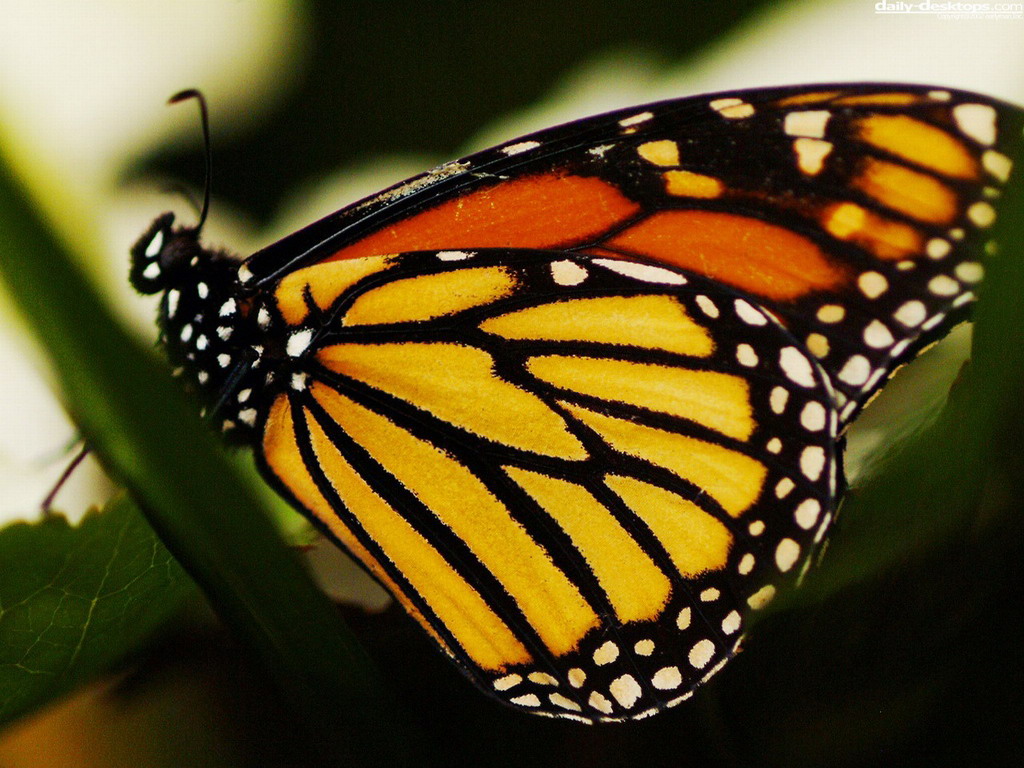How to See Tortoiseshell Butterflies

The tortoiseshell butterfly is a beautiful, wood-coloured insect that adds a pastoral touch to the gardens in which it gathers food. Seeing a tortoiseshell butterfly up close reveals a gorgeous aesthetic pattern and a neatly structured insect which is adept at surviving in its environment. If you have not seen the tortoiseshell butterfly so far, then it means that you still have to see one of the most beautiful creatures in nature. There are a variety of ways in which you can find and observe the tortoiseshell butterfly.
Instructions
-
1
Familiarise yourself with the butterfly
First of all, you need to familiarise yourself with the tortoiseshell butterfly, as you cannot find it until you know how it looks. For that purpose, you can spend a few minutes and have a thorough look at the markings of the butterfly so you can easily identify it at first glance. You can browse for pictures on the internet, and can even take out their prints. Make note of the wood-like colour and the dark spots at the top of the butterfly's wings. -
2
Visit a butterfly collection
Consider visiting a nearby field museum, a university or a zoo, as these places keep extensive butterfly collections where you can see a well-preserved tortoiseshell butterfly up close. Contact the North American Butterfly Association for help in finding a good collection near you. -
3
Watch for the butterfly in gardens
The tortoiseshell butterfly is generally attracted to lush gardens and flowering shrubs such as the Manzanita. Therefore, you can spend some time in gardens or flower patches; hopefully, you will be able to see a tortoiseshell butterfly. -
4
Look during the right season
Tortoiseshell butterflies usually hunt for food and mates between the months of March and November. August and September are usually the best months to see the butterfly. So, you should not waste your time looking for tortoiseshell butterflies when they do not come out of their homes. Getting out into the field in late summer and early fall is the best option for you. -
5
Keep a sighting log
Jot down each instance when you see the butterfly, to help yourself establish a pattern of sightings. This will allow you to predict where and when the tortoiseshell butterfly appears, so you can see it as often as possible in the future.






